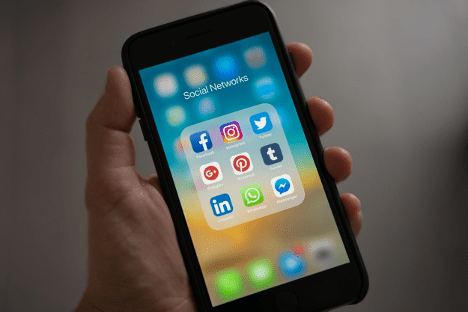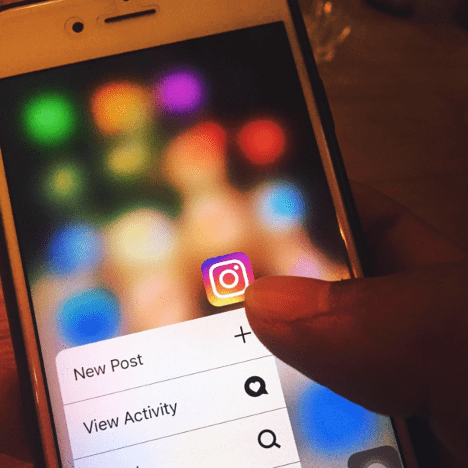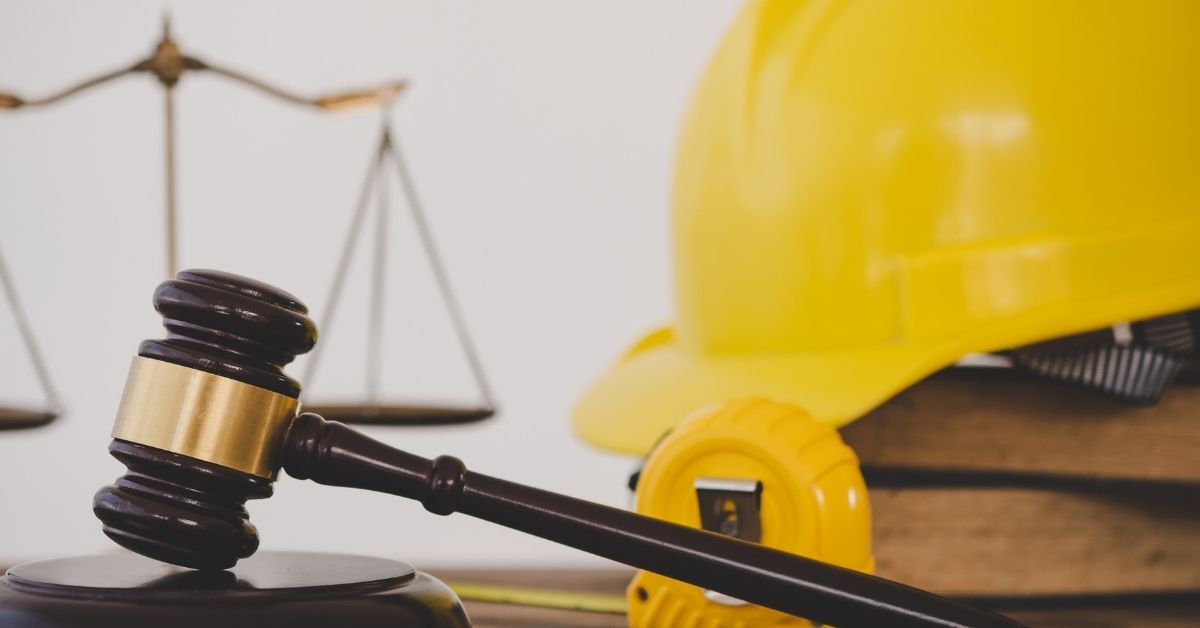What to Know About Social Media and Your Personal Injury Case

Suffering a personal injury due to someone else’s negligence can be a very painful and frustrating event. Beyond the incident itself, pursuing damages can lead to more anger and frustration.
In these circumstances, it can be tempting to share your experiences on social media. However, people don’t realize that everything you post on social media can and likely will be used against you. If you post compromising information on any social platform, it could prevent you from receiving the compensation you deserve to help recover from your injuries.
So what can you share and what should you keep to yourself?
Here’s what you need to know about how social media can impact your personal injury case.
Can Social Media Be Used Against You?
After suffering a personal injury and making an insurance claim, insurance companies are very thorough in their investigations. If they can find a way to get out of paying you, they will. Even if your injury is legitimate and you have a solid case. Insurance companies will use what they can to either deny your claim or pay you less than you really deserve.
This, of course, includes monitoring your social media to find potential evidence against your claim. It’s important to always keep in mind that you will be under significant scrutiny until your claim is completed.
For instance, say you suffered a leg injury that you claim prevents you from doing your job and keeps you from completing your normal daily activities. However, after looking through your Twitter profile, the investigator notices that you posted about going on a hike after the date of your injury.
Even if your Tweet left out the detail that you were hiking with a boot on your injured leg, the investigator will likely be able to use this as evidence to disprove the claim that your injury is preventing you from partaking in normal activities. As a result, you may be denied the payment you need to aid in your recovery.
Social Media & Your Personal Injury Case

Considering the impact that social media can have on your personal injury case, it’s important to understand what you should and should not post on social media while your claim is being investigated.
A personal injury attorney can help you navigate the claims process and build the strongest claim possible. But, your lawyer can’t be with you at all times. So it’s critical that you carefully consider what you post online.
Things to Avoid
While your personal injury claim is being investigated, you should NOT:
- Post any information regarding your case, even if you believe it is inconsequential. Details may be used against you in ways you aren’t able to predict.
- Share any news or information regarding your recovery process, including photos, status updates, or videos.
- Post about your case on an anonymous account. Even if your identity isn’t directly tied to the account, it may eventually be tied to you.
Furthermore, you should make an effort to tell friends and family members not to post about your case. If your mom, for example, posts about how quickly you are recovering on Facebook, it may be used against you to reduce your payout.
B|B Law Group: Professional Personal Injury Attorneys
The personal injury claim process can be difficult enough, don’t make things harder by posting about your case on social media. Talk to your personal injury attorney to learn more about what type of information you should avoid posting and how you can put together the strongest claim possible.
Contact BB Law Group for a free consultation with an experienced personal injury attorney and learn more about how you can increase your chances of winning your personal injury case.


